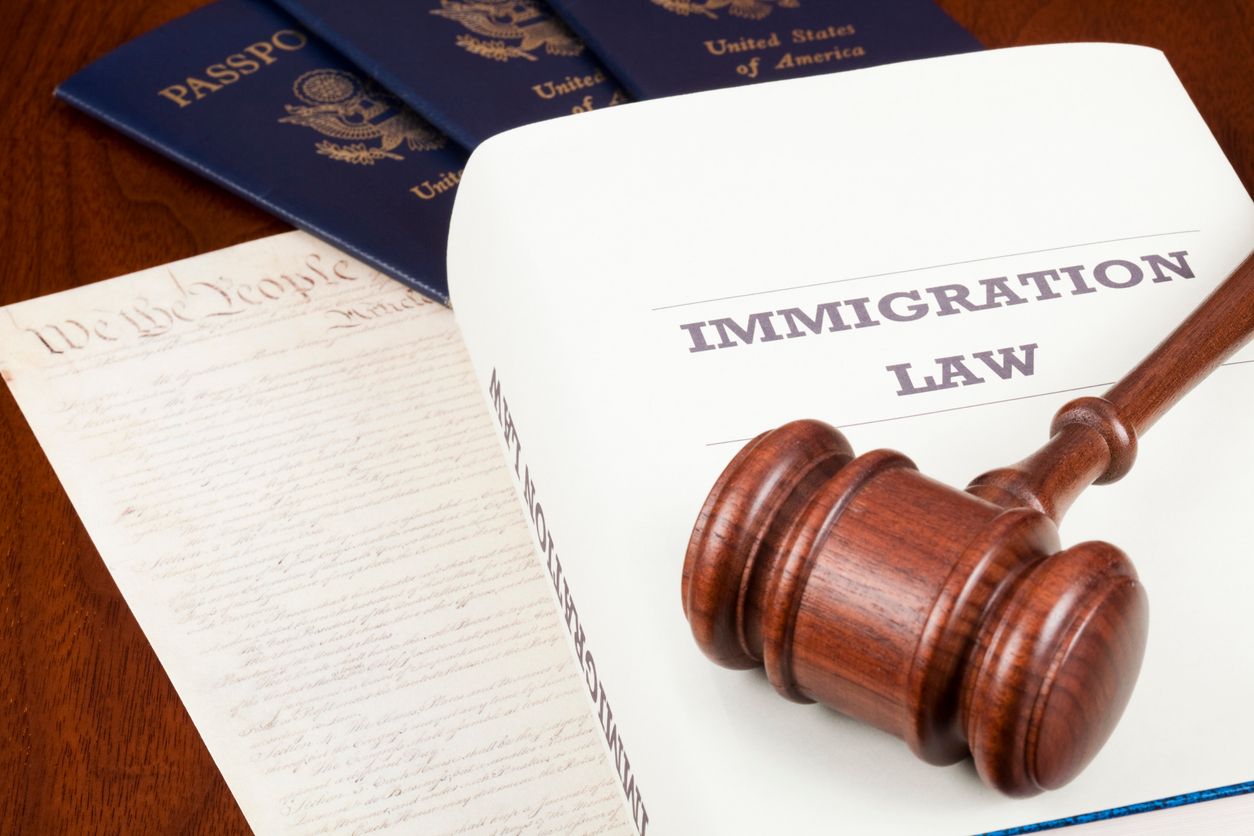DHS Proposes Dramatic Change to “Public Charge” Ground of Inadmissibility
Individuals seeking admission to the United States, through an adjustment of status or through consular processing , are required to prove to the satisfaction of the U.S. government that they will not become what is known as a “public charge.” Essentially, the U.S. wants to ensure that immigrants will be self-sufficient or have other means of financial support. Generally, individuals seeking admission must provide a Form I-864, Affidavit of Support from a sponsor who has the financial means to support the immigrant, in which the sponsor promises to provide that support until one of several different events (e.g., the individual can be credited with 40 quarters of social security earnings, the individual dies, the individual becomes a citizen or abandons residency, etc.).
On September 22, 2018, DHS posted an advance copy of a Notice of Proposed Rulemaking that recommended significant changes to the public charge grounds of inadmissibility. Once published in the Federal Register , the rule will be open to public comment for sixty (60) days, after which DHS may issue notice of a final rule, which may reflect modification based on public comments. At this time, there is no established implementation date.
The proposed rule would undoubtedly make it more difficult for immigrants to secure lawful permanent residence, using an enhanced public charge inquiry that would result in many additional findings of inadmissibility. This blog does not endeavor to explain every aspect of the proposed rule, particularly because there is no guaranty that it will become effective, let alone in its current state. However, if the rule does become law, immigrants that receive or have received public benefits, such as Supplemental Security Income (SSI), Temporary Assistance for Needy Families (TANF), Supplemental Nutrition Assistance Program (SNAP), Medicaid, Medicare Part D, and some Section 8 programs, among others, may have great difficulty in meeting the new threshold, which encompasses a “totality of the circumstances” approach that considers the immigrant’s age, health, family status, assets, and education and skills. DHS has likewise proposed a new form, the Form I-944, Declaration of Self-Sufficiency, that is designed to assess an immigrant’s ability to become financial self-sufficient.
While it remains to be seen how this rule may change between initial publication and its adoption, but it seems likely that the Trump Administration will push for some form of this rule to be enacted.















